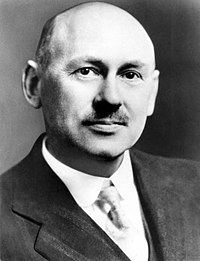
Most of us watch our favorite sports without really thinking about why we enjoy them so much. Seriously, think about it.
In Baseball, why do we care whether someone can successfully hit a ball with a stick and run around the bases? Why do we hold these athletes in such high regard?
Why are team sports such as Baseball, Football, and Soccer so popular world-wide, especially compared to things that really matter such as science?
Carl Sagan has an interesting theory in his book, "The Dragons of Eden". These sports "stress the remarkable abilities of human beings to throw projectiles accurately, to move gracefully .. and to outrun and immobilize game animals."
If Alex Rodriguez, or some other top athlete were alive during prehistoric times, they would almost certainly be incredible hunters. They would be seen as heros to the entire tribe, and especially the men, whose lives depend on their fellow hunters.
Back then, hunting was not a sport, it literally was a matter of life and death. Something like that reaches deep into the core of every human being. Our species has only recently domesticated animals and discovered agriculture. You cannot erase something so hard-wired into our brains over such a short time period.
The brain of a 40,000 year old human is practically the same as it is today. Everything that was hard-wired into their brain is also hard-wired into ours. 40,000 years ago, hunting was the main avenue of survival. Our hunting ancestry goes back several million years.
To people who hold science in high regard, it can sometimes be frustrating when the majority of the population cares more about sports than the wonders of science. But it is quite understandable. Without our skills for hunting, we would have no civilization, no culture, no language. Celebrating athletes and sports is akin to celebrating our species.

